Lebanon’s Mikati says formation of new government slower than expected
Lebanon’s new Prime Minister-designate Najib Mikati has acknowledged that the formation of his cabinet is slower than expected, as the cash-strapped Arab country is desperately in need of filling a persisting political vacuum and addressing the ongoing socioeconomic crisis.
The 65-year-old tycoon made the comment following a meeting with President Michel Aoun on Monday, implying that he has a bumpy road ahead in forming a new government.
“I had hoped for a pace that was faster than this in the government formation. It is a bit slow,” said Mikati, some two weeks after the former premier-designate, Saad Hariri, resigned as a result of a nine-month political deadlock.
Mikati, a wealthy businessman, said he would meet Aoun again on Thursday.
The new prime minister-designate will need to agree with Aoun on the composition of any new government.
Lebanon faces major woes, including a crippling financial crisis and severe shortages of basic goods such as medicine and fuel.
“As far as I am concerned, the timeframe is not open. Let he who wishes to understand, understand,” Mikati said, when asked whether he had a deadline for his efforts.
Back in May, the 51-year-old Hariri, who is a veteran Sunni Muslim politician, said he would not form a government that simply complies with the wishes of Aoun, who is a Maronite Christian, nor any other political faction.
Hariri was tasked with forming a government for a fourth time in October 2020. That was one year after he resigned as prime minister amid mass protests.
A caretaker administration by Hassan Diab has run the small country for nearly a year, while the currency has collapsed, jobs have vanished and banks have frozen accounts.
The Mediterranean country plunged into a political vacuum in August 2020, when the previous administration, led by then Prime Minister Hassan Diab, resigned following a devastating explosion at the port in Beirut that destroyed swathes of the capital and left more than 200 people dead.
The currency has lost more than 90 percent of its value since fall 2019 and more than half of the population has been rendered jobless as businesses have shut down.
Half of the population is now living below the poverty line as prices are skyrocketing and the COVID-19 pandemic rages on.
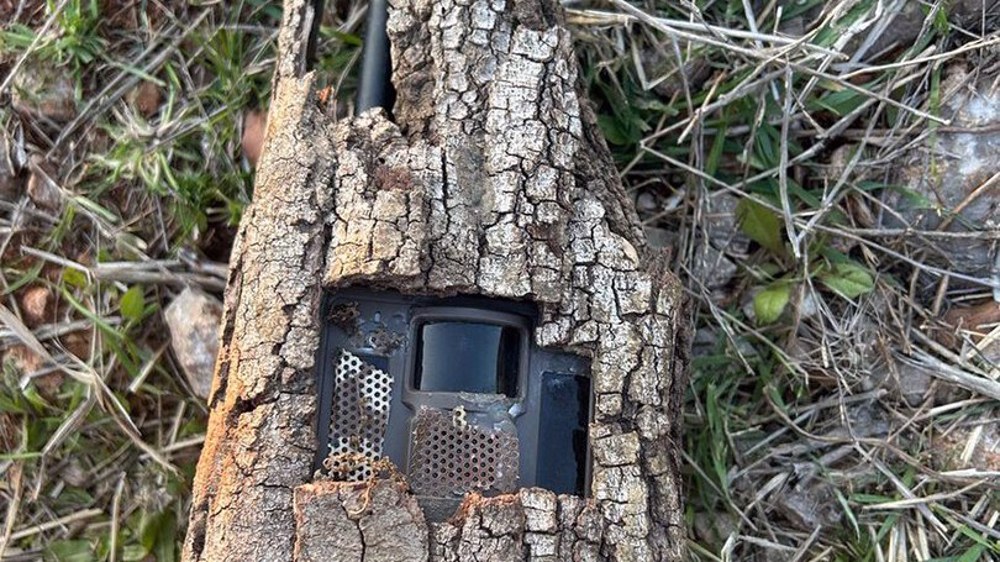
Two Israeli spying devices found, neutralized in southern Lebanon
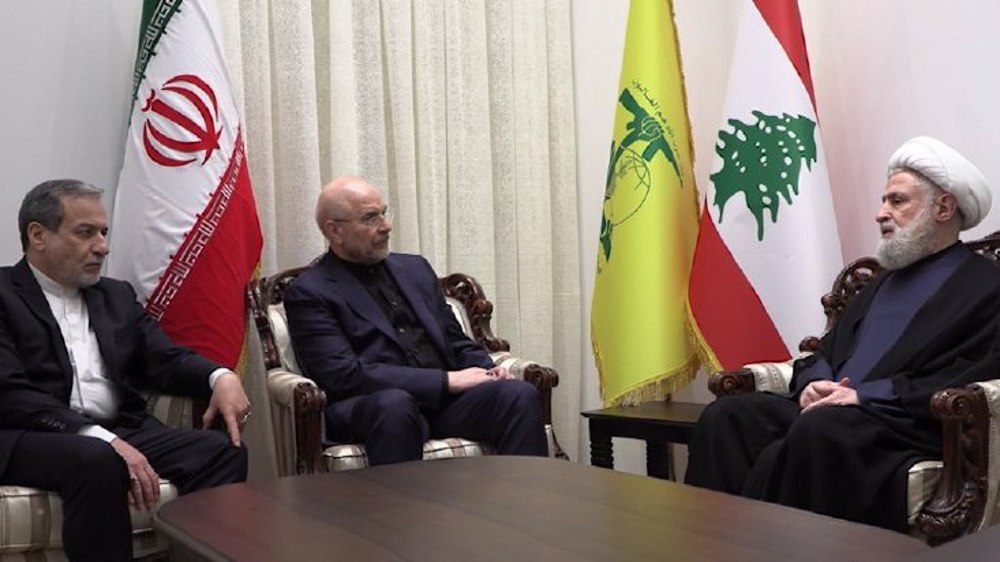
Iran’s parliament speaker, foreign minister meet Hezbollah chief in Beirut
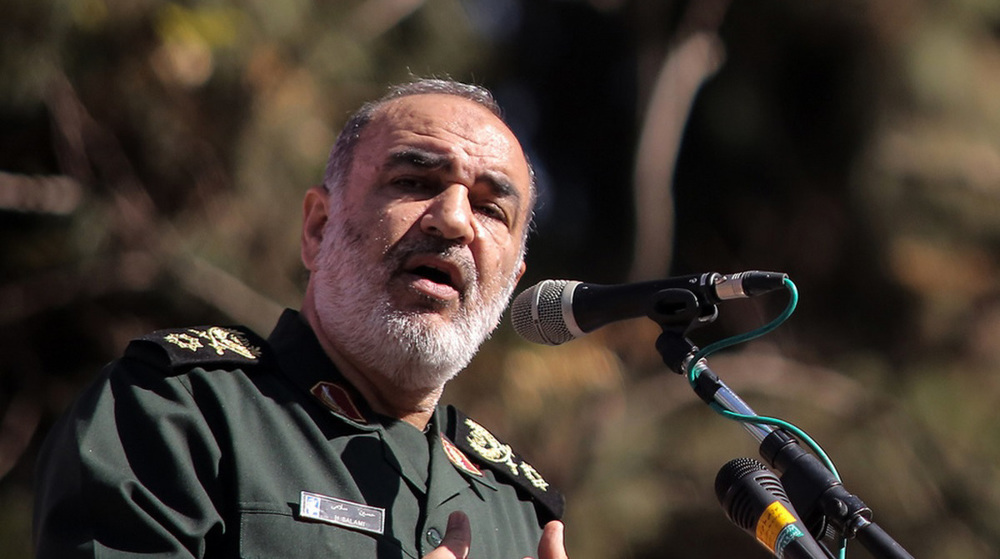
Flying warplanes over Beirut funeral exposed enemy’s fear of power, unity of nations: IRGC
Over dozen settlers injured in anti-Israel operation near Haifa
Pezeshkian: Iran open to talks but won’t capitulate to bullies
VIDEO | Iran unveils advanced naval arsenal
VIDEO | Reunion of released Palestinians and their families in Khan Yunis
Kurdish leader Ocalan calls on PKK militants to end war with Turkey
Health leader warns Africa's health services at risk of 'collapse'
VIDEO | Press TV's news headlines
Iranian flotilla makes port call in India with 'friendship message'


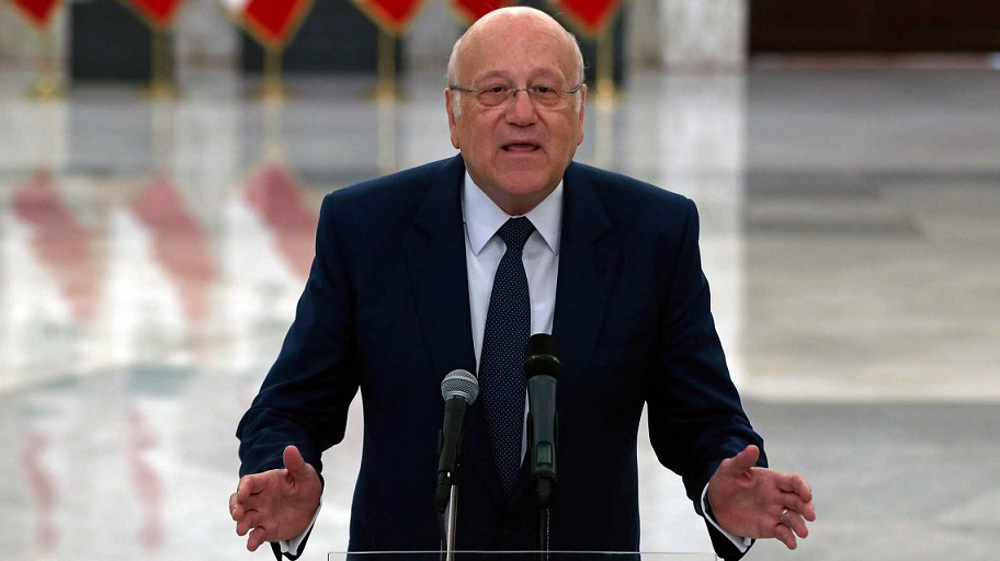
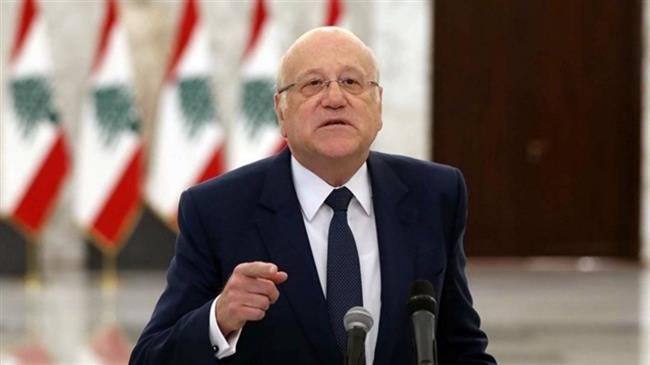



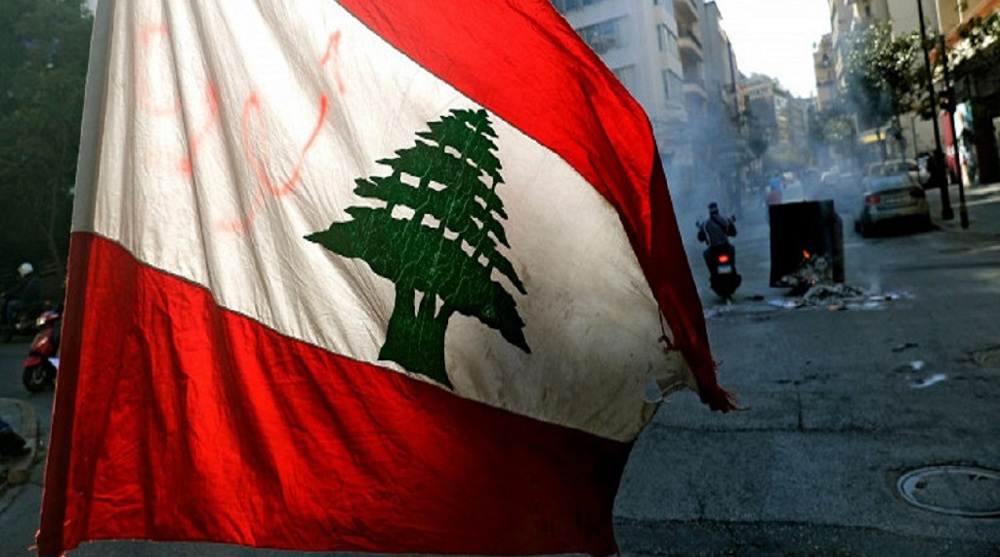

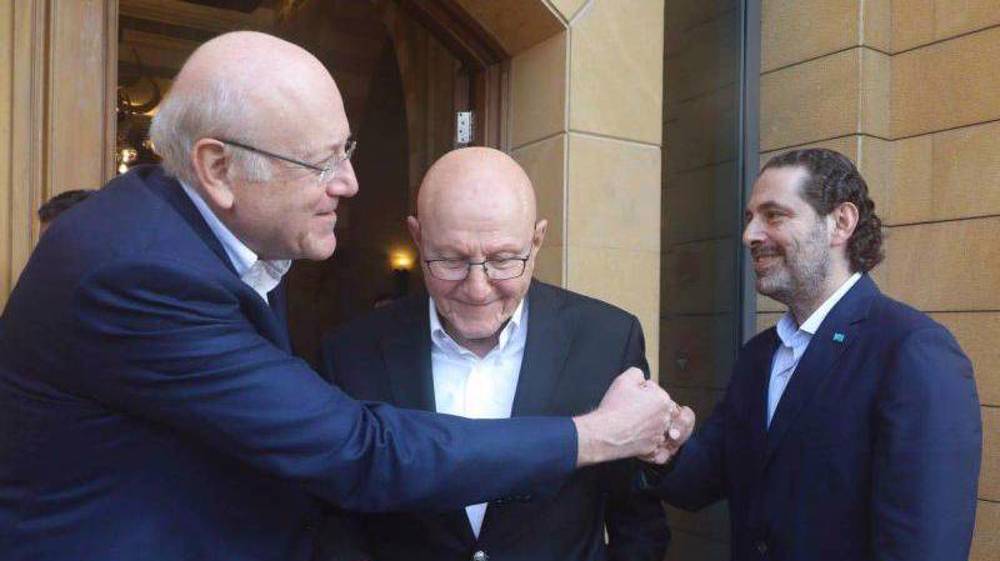

 This makes it easy to access the Press TV website
This makes it easy to access the Press TV website